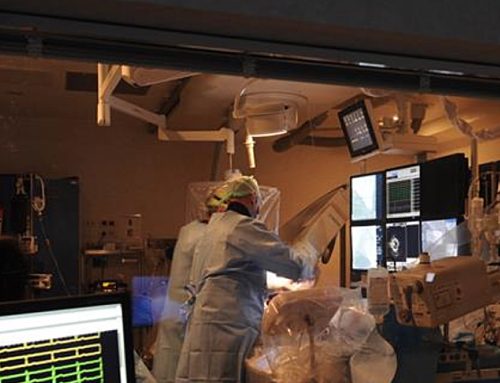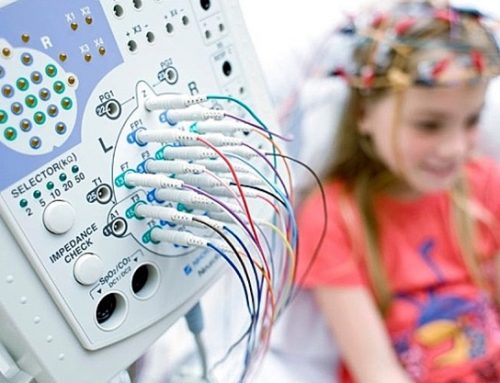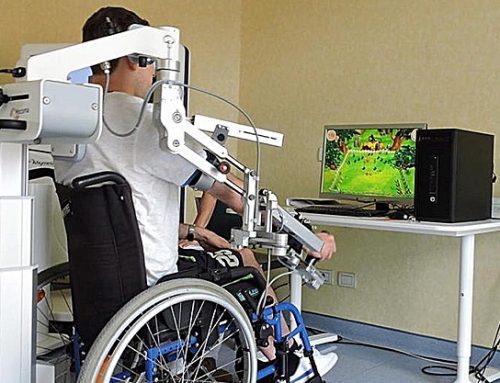COPD: HOW PULMONARY REHABILITATION AT ICS MAUGERI CAN REDUCE THE CARDIOVASCULAR RISK
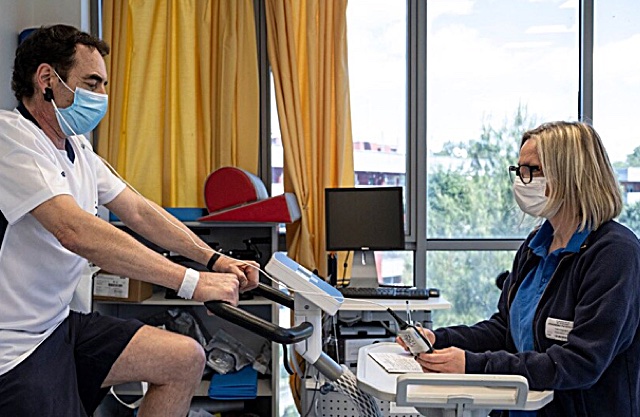
There is a strong association between chronic respiratory diseases and heart diseases as individuals with respiratory diseases are at a greater risk of developing heart diseases. However, a recent study conducted by the Clinical Scientific Institutes Maugeri (ICS Maugeri) has demonstrated that this link can be severed through effective pulmonary rehabilitation.
The research was carried out on a sample of 72.5-year-old patients, predominantly male. The study was conducted by researchers from the ICS Maugeri, Unit of Telese Terme Institute, the Department of Advanced Biomedical Science at Federico II University, Naples, and the National Research Council, CNR.
The study indicates that pulmonary rehabilitation at a specialized center with decades of experience like ICS Maugeri enhances physical exercise resistance, respiratory capacity and quality of life among patients with severe COPD. Moreover, it demonstrates positive effects on the function of endothelium cells, which in turn can potentially reduce the risk of stroke and heart attack.
The insides of blood vessels have a layer of cells called endothelial cells. They control the way blood vessels work, prevent inflammation, clotting, and stress within blood vessels, which can lead to diseases. When these cells are damaged, the risk of cardiovascular disease such as stroke and heart attack increases, as does the mortality rate in patients with severe chronic obstructive pulmonary disease (COPD) or other chronic respiratory diseases. The good news is that endothelial dysfunction can be reversed, suggesting that it may become a target for new therapeutic approaches in the future, including pharmacological ones.
Pulmonary rehab is a specialised treatment for patients with severe breathing difficulties. It includes various medical and nursing care, drug therapy, rehabilitation therapy, psycho-nutritional therapy, behavioural and educational sessions, and prevention programmes. All of these follow a multidisciplinary approach for best results. Pulmonary rehabilitation programmes are arranged by a lung specialist and then overseen by a team of healthcare professionals (including a lung specialist, nurse, therapist, dietician and psychologist).
Therefore, on the basis of this study, it would appear that respiratory rehabilitation may offer further benefits to patients with chronic respiratory disease than are currently understood. Future research should focus on explaining the molecular basis of these findings and explore the extent to which rehabilitation can alter the course of lung diseases.




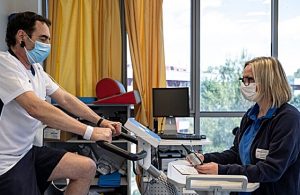 At ICS Maugeri the patients can benefit from the Respiratory Physiology services, pulmonary exercise stress test, pulmonary function laboratories for the study of respiratory mechanics and gas exchange, bronchoscopy procedure, pulmonary ultrasound, and sleep study.
At ICS Maugeri the patients can benefit from the Respiratory Physiology services, pulmonary exercise stress test, pulmonary function laboratories for the study of respiratory mechanics and gas exchange, bronchoscopy procedure, pulmonary ultrasound, and sleep study. 